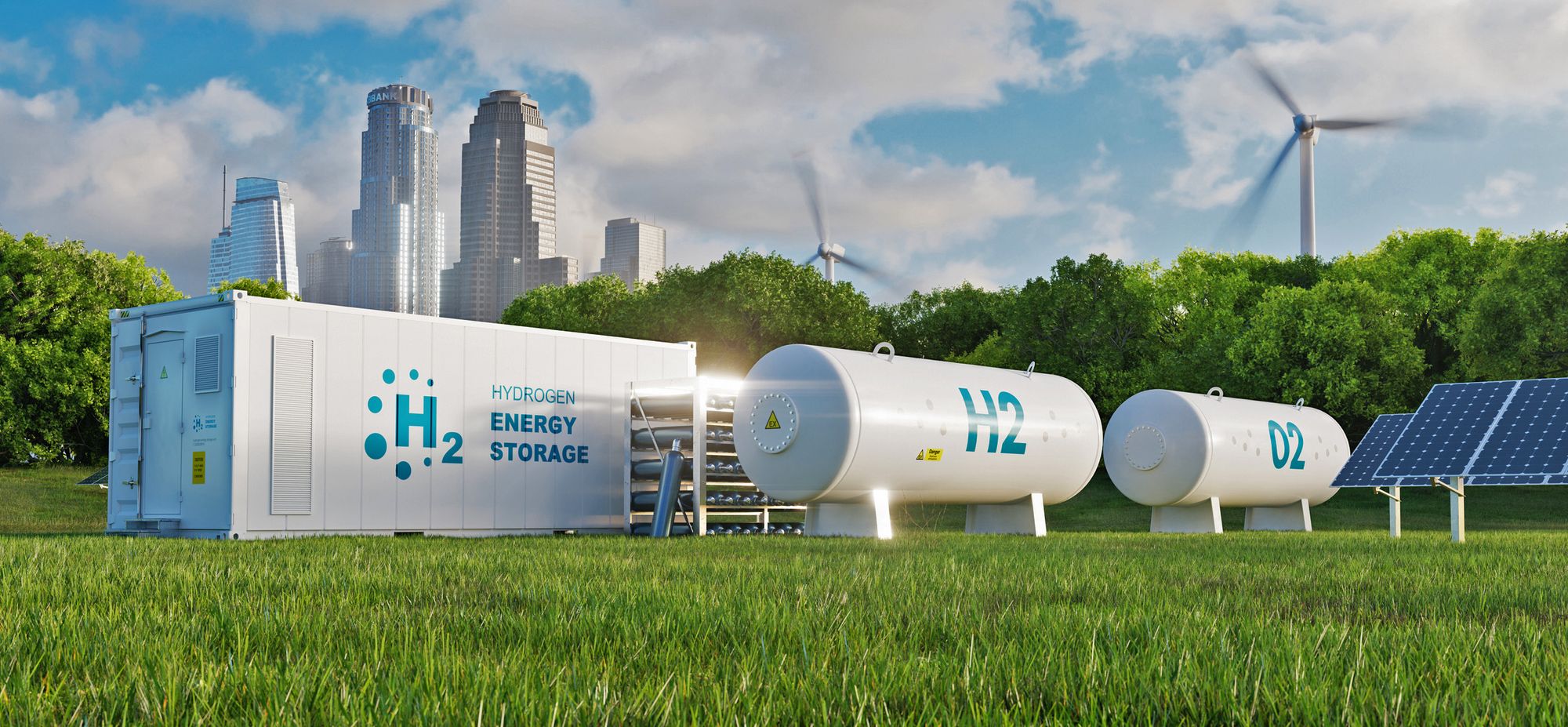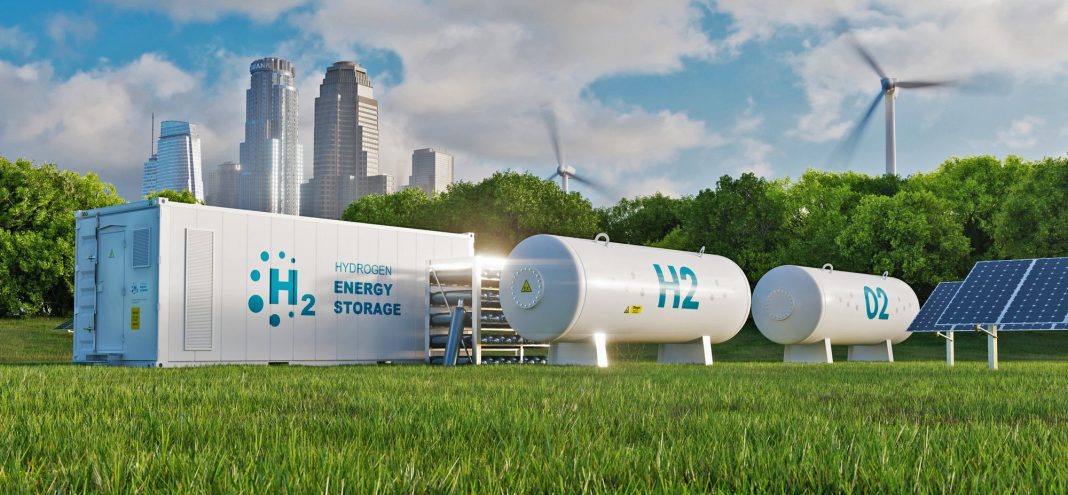 UK Oil and Gas (UKOG) has announced plans to build underground salt caverns for hydrogen storage under a former naval base in Dorset, as part of the UK’s commitment to decarbonisation. The company aims to construct 14 underground salt cavern storage units with a total capacity of 43 billion square feet. Each cavern will have a lozenge shape and dimensions of 90 to 100 meters in height and width.
UK Oil and Gas (UKOG) has announced plans to build underground salt caverns for hydrogen storage under a former naval base in Dorset, as part of the UK’s commitment to decarbonisation. The company aims to construct 14 underground salt cavern storage units with a total capacity of 43 billion square feet. Each cavern will have a lozenge shape and dimensions of 90 to 100 meters in height and width.
The potential site for this project is Portland Port, which has a rich history dating back to its establishment as a naval base by Henry VIII in the 16th century. It is one of the few ports in the UK capable of hosting nuclear-powered submarines for the Royal Navy. However, now it is being considered as an area for hydrogen storage.
The planned hydrogen storage facility has received a letter of support from SGN, the operator of the planned hydrogen transmission line that would connect the storage site with the Solent Cluster in southern England and the UK-wide Project Union hydrogen grid. This support is a significant step forward for the project.
Unlike blue hydrogen, which relies on fossil fuels, green hydrogen is produced through electrolysis, using renewable energy to split water. The UK government has allocated £2 billion in funding for commercial-scale green hydrogen production projects, as part of its commitment to achieving net zero emissions by 2050.
UKOG’s hydrogen storage site utilizes water to dissolve an underground space in a seam of rock salt, allowing hydrogen to be piped in and out. The company’s subsidiary, UK Energy Storage, will oversee the project. If completed, it is expected to play a crucial role in decarbonizing an area projected to consume 56% of the UK’s hydrogen demand by 2040, according to National Grid estimates.
However, there are concerns about the safety implications of this project. Paul Kimber, a Labour councillor in Portland, has expressed the need for reassurance regarding safety measures and contingency plans in case something goes wrong. It is crucial to address these concerns and ensure that the project meets all necessary safety standards before proceeding.
The total cost of the project is expected to exceed £1 billion, and it may take several years to complete the construction. UKOG acknowledges that underground salt cavern storage projects typically take five to eight years to be realized. Additionally, there is no certainty that the project will receive government revenue support.
In conclusion, UKOG’s plan to build underground salt caverns for hydrogen storage in Dorset represents a significant step towards decarbonization in the UK. The use of green hydrogen produced through electrolysis demonstrates a commitment to renewable energy sources. However, it is essential to address safety concerns and provide reassurance to local residents and stakeholders. With proper planning and adherence to safety protocols, this project has the potential to make a substantial contribution to the UK’s hydrogen demand and decarbonization goals.

